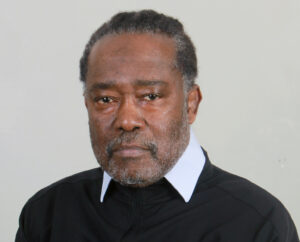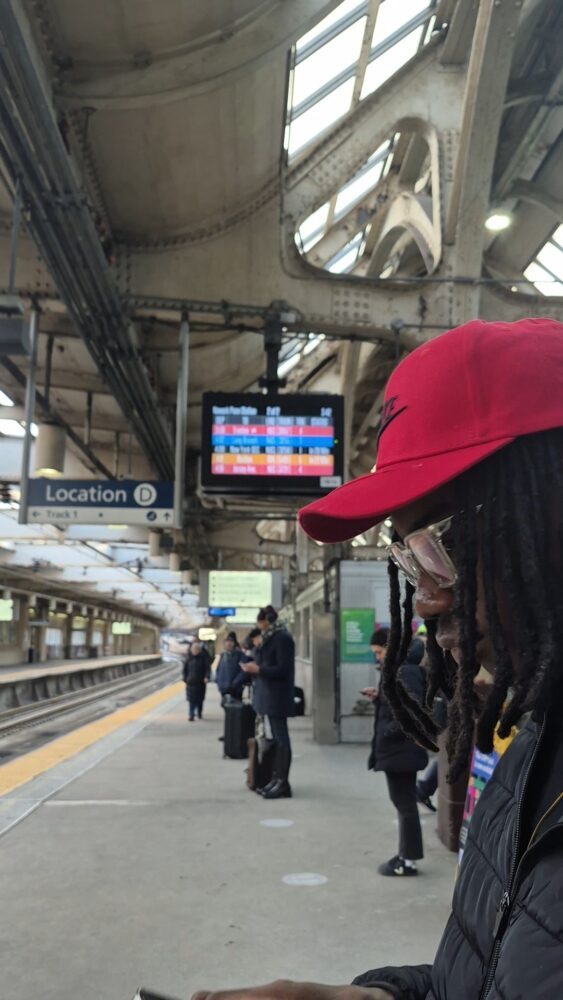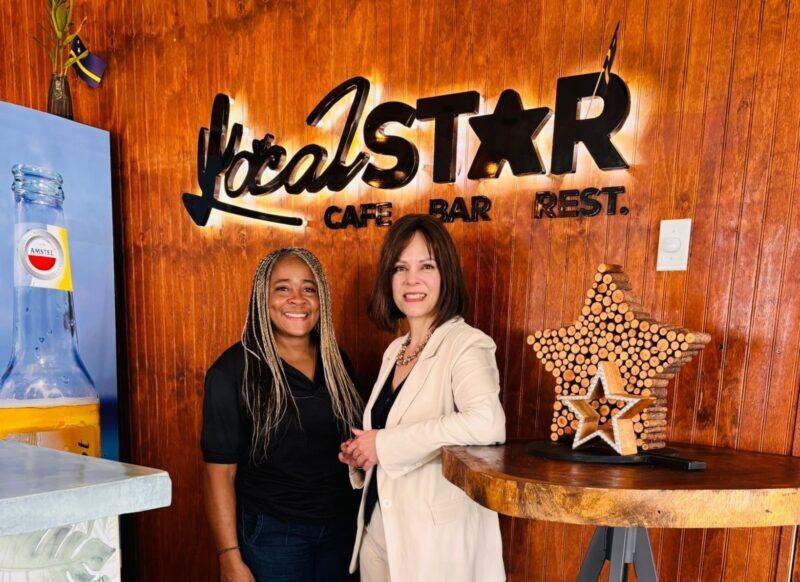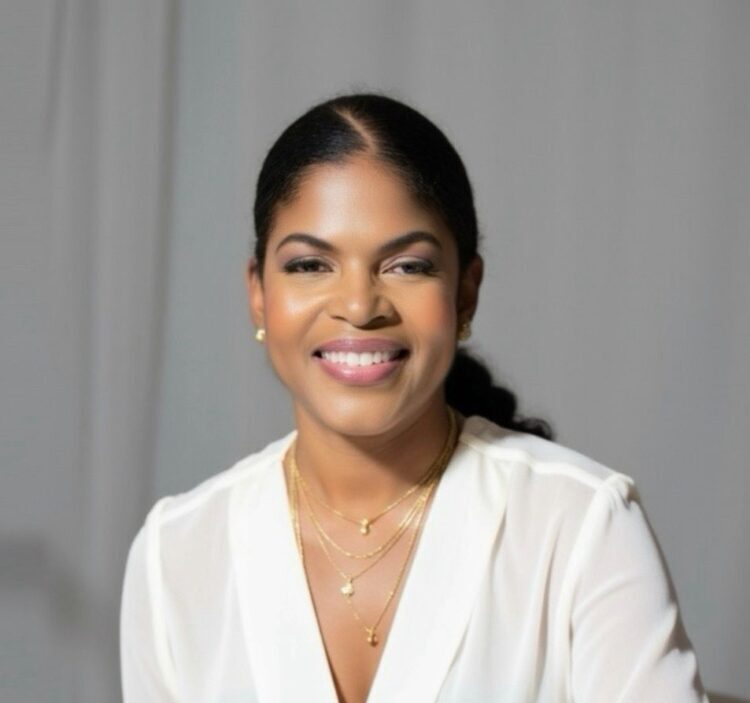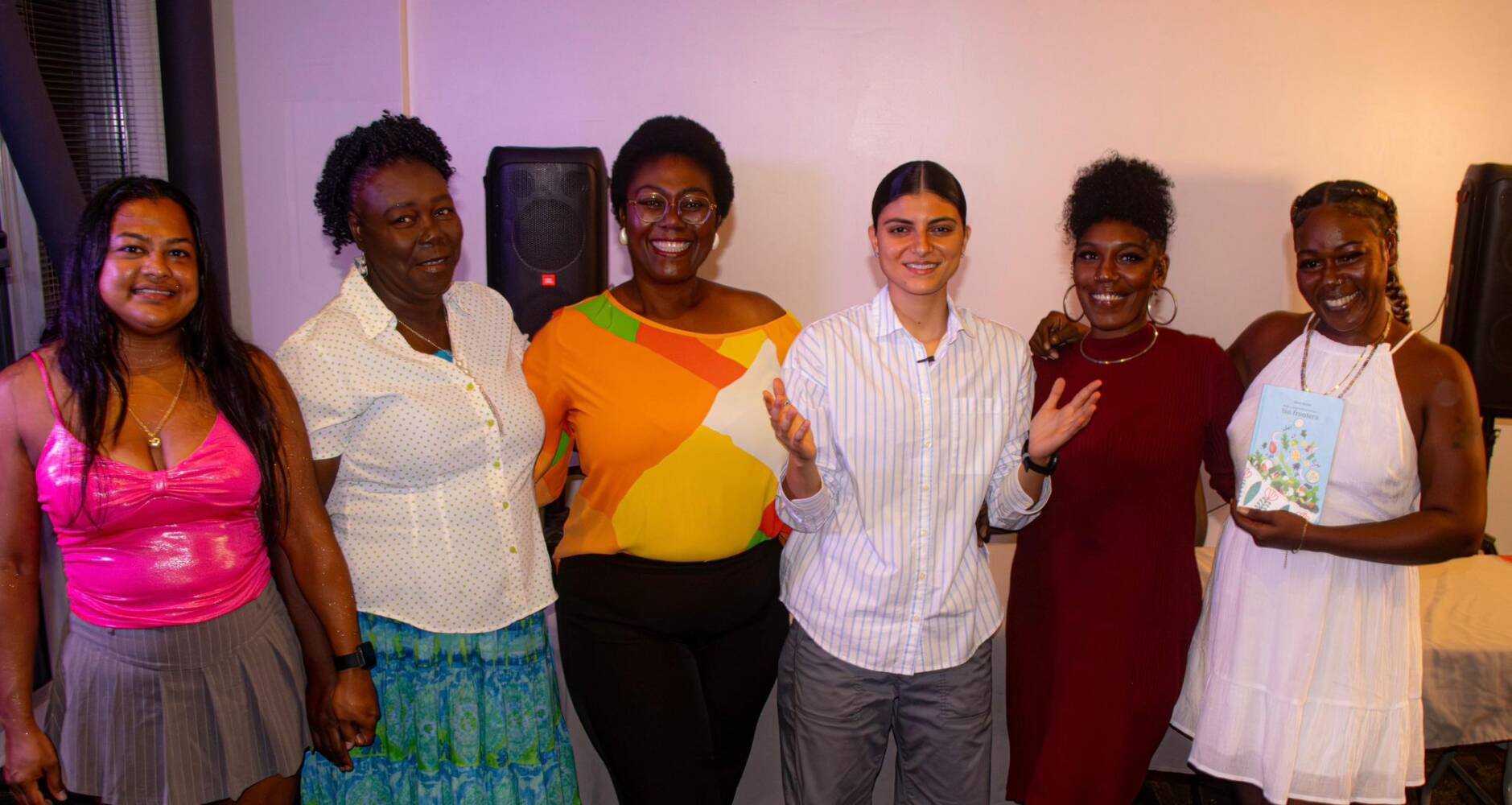THE HAGUE – With the upcoming elections for the Dutch parliament, Caribbean Network is having interviews with candidates about the Caribbean community. Kenneth Cuvalay of Ubuntu Connected Front (UCF), calls for a ‘fair society’: decolonize the education immediately and tackle the structures that discriminate against marginalized groups.
What is the reason for you to participate in the upcoming election?
“It’s very simple: because of the way in which the Netherlands deals with the Dutch heritage when it comes to colonialism and African descendants. These people are being disadvantaged all the time. I want to make our society fairer for everyone. And the only way to bring a change, is to participate in the political arena.”
‘Young people are having a hard time. They see their future on the islands as hopeless’
“Look at the labour market in the Netherlands, for example. If you want to make a career. Or if you as a person of color have to use a fictitious name to be invited for an interview at all. We also see institutional racism and discrimination in policy-making. For people who are not white, it is more difficult in this society to progress.”
And what about the special municipalities Bonaire, Saba and Statia?
“We see that since the transition of 2010, we are being flooded with white European Dutch people who end up in key positions and management positions. They are the ones who are in charge, while the people from the islands are being treated as second-class citizens.”
“You see, people ended up in poverty after the islands became special municipalities and after the dollar was introduced. The cost of living increased dramatically. Young people are having a hard time. They see their future on the islands as hopeless. And I know what I’m talking about because I worked there for about ten years in psychiatry and addiction care.”
‘The other parties are all about me, myself and I. The UCF says: I am, because we are’
“Look at the legislation of these municipalities. In this construction, everything is decided by the current State Secretary and the ministries. They do whatever they want, because the local government is not listened to. This is very wrong and this is what you call colonial practices.”
Why have you chosen Ubuntu Connected Front (UCF) and not a major national party – one that already has seats in the parliament?
“The big national parties are the problem. The gap between classes, rich and poor, is widening. The workers are being neglected by the Labor Party. The big companies can get away with not paying taxes, while the already struggling workers are constantly being exploited. The other parties are all about me, myself and I. The UFC says: I am, because we are.”
Several MPs said that they were shocked when they saw poverty on the islands and promised to better the situation. This promise has also been made for the upcoming election.
“I find it shameful when, for example, Member of Parliament Stieneke van der Graaf of the ChristenUnie has to travel all the way to Bonaire to discover that poverty and say how shocked she is. There are literally dozens of research reports on poverty and the entire region.”
And they indicate that there is still a lot of poverty. After ten years, residents in the three special Caribbean municipalities still find it difficult to make ends meet. How do you explain the lack of improvement?
“It’s because of the attitude of the Netherlands on this matter, but also because of the political leaders on the islands who have taken little or no responsibility. That’s a fact. But the Netherlands knew all this and continues to watch how things continue to mess up. There are privileges in the European Netherlands that are missing in the overseas section.”
‘People of African descent have by definition been marginalized and underrepresented’
“My point is, equality is a human right, not a privilege. There is a class difference. And the gap between the have-nots and the rich only widened in recent decades. In addition, there is also white privilege on the islands. People of African descent have by definition been marginalized and underrepresented.”
Just before the elections, various MPs declared that the poverty problem in the special municipalities is the first thing that needs to be tackled. Would you say that this is a reason to be optimistic or not?
“No, not at all! This is so meaningless; it’s an old song, one that has become rusty. The conventional parties are psychologically misleading people. It is exactly the same when they say that there should be more people of color in the House of Representatives. But they put those people so low on the electoral list that they do not come into the Chamber or in the government. If they were really serious about it, we would not have been in such a situation for years already.”
Your party UFC also has a ‘Black agenda’. What do you mean by that?
“First of all: our party really is for everyone. We stand for justice and equality. You only have that if everyone counts. So the black agenda should not be confused with a party that represents a specific group. Due to Dutch colonial history, we are still facing various issues that hinder people of color. That’s what the Black agenda is about.”
‘For me it is about representation’
Do you believe that MPs of European descent can represent the three special Caribbean municipalities in the parliament?
“They cannot. They have a European and colonial perspective. We see that MPs first have to travel to discover poverty. They are in their comfort zone in the Netherlands and determine what a region should look like. They have no idea how this region works historically, culturally and geographically.”
A member of parliament from Limburg is expected to be able to represent the residents of Friesland just as well. These are also two different regions, with differences in language and culture.
“There are already contrasts here. You can already see that the people in Friesland keep saying: you as a Limburger don’t know anything about us here. So let alone when we are talking about overseas territory. For me it is about representation. And also, that you are open to learn from the people who come from that society.”
‘We need to work together to change in the coming years the structures that discriminate against people’
What are the things that are on your priority list when you become a member of parliament?
“Three things. The minimum wage and social minimum must be raised. We also need to work together on how we are going to change in the coming years the structures that hinder and discriminate against people – marginalized groups. It is a road to equality that will take many years. The people of African descent must have a say in this process. Naturally, this also means that the people on the islands have more self-determination.”
“The most important thing now, is that we tackle the education system right away. It is very Eurocentric. You get to learn all about the French Revolution, but the youngsters don’t get to know much about the contribution of Black people and people of colour to our society. For example, that they also fought for the freedom of the Netherlands in World War II.”
|





